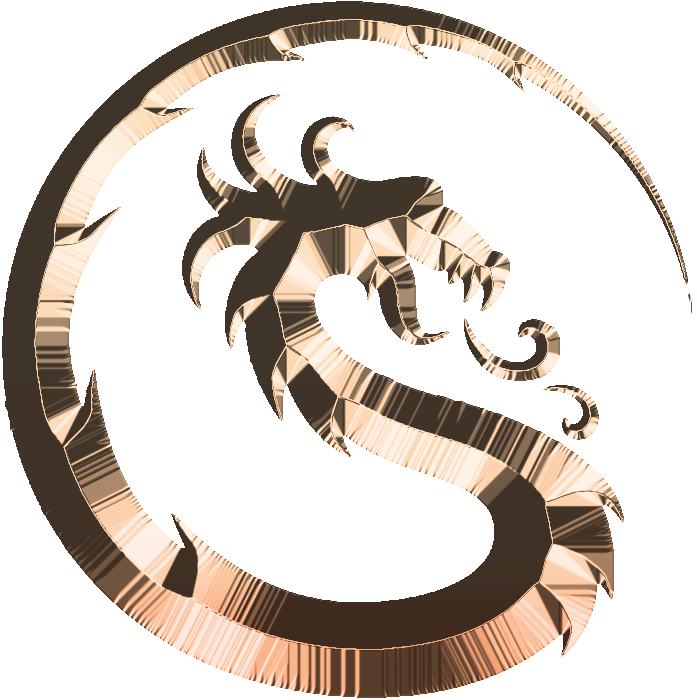Of all the fantasy novels I read growing up, Deryni Rising by Katherine Kurtz was among the few that affected me the most. Published in 1970, it was a short novel that introduced me to two things that have influenced my writing ever since: a quasi-historical medieval setting and a puzzle-like plot.
The novel takes place in the fictional kingdom of Gwynedd, which might as well be an alternate version of twelfth-century England, complete with Roman Catholic bishops and archbishops. Even the saints of that land are the same as our own, with Saint George mentioned often. That is except for one fictional saint: Camber of Culdi.
Camber is the patron saint of Deryni magic. The Deryni are a human-looking race of magic wielders who once ruled the land before being overthrown by human kings. Many Deryni were evil, but some were good, and Camber was first among them.
However, all this is backstory for the novel, which begins with the murder of King Brion Haldane of Gwynedd. His nearly fourteen-year-old son, Kelson, is heir to the throne but still too young to inherit it outright, leaving his mother, Jehana, as queen regent. The boy’s protector is Alaric Anthony Morgan, a powerful lord, and friend of the late king. But Morgan is half-Deryni, something both the Church and Jehana despise. Even more, Deryni magic is believed to have caused the king’s death, and Jehana views Morgan as the prime suspect.

Magic lies at the center of this tale. For ever since the time of Saint Camber, the human kings of Gwynedd have been able to wield Deryni-like magic. The secret to this power is passed down from each king to his heir, activated by a ritual to be performed following the king’s death. But Jehana views this power as a curse and will do anything to prevent her son from inheriting it. Even if she has to sentence Morgan to death for heresy and treason.
Jehana’s machinations inject a House of the Dragon-style conflict into the story, with half of the lords backing Jehana and half backing Morgan. But beneath this tension is the puzzle in the plot courtesy of Brion, who left instructions for Kelson’s ritual in the form of a riddle. The young king and Morgan spend half of the novel trying to decipher the riddle while their enemies are closing in to stop Kelson from taking the throne. It’s all tremendously fun, and the riddle’s meaning does not become clear until the very end – just like any good mystery.
Kurtz’s novels helped launch an entire genre of “historical” fantasy and helped inspire the puzzle-like plot at the heart of my first novel, Enoch’s Device. I highly recommend her book to anyone interested in a classic work of fantasy that’s part of the bedrock on which the genre has stood for the past fifty years.

